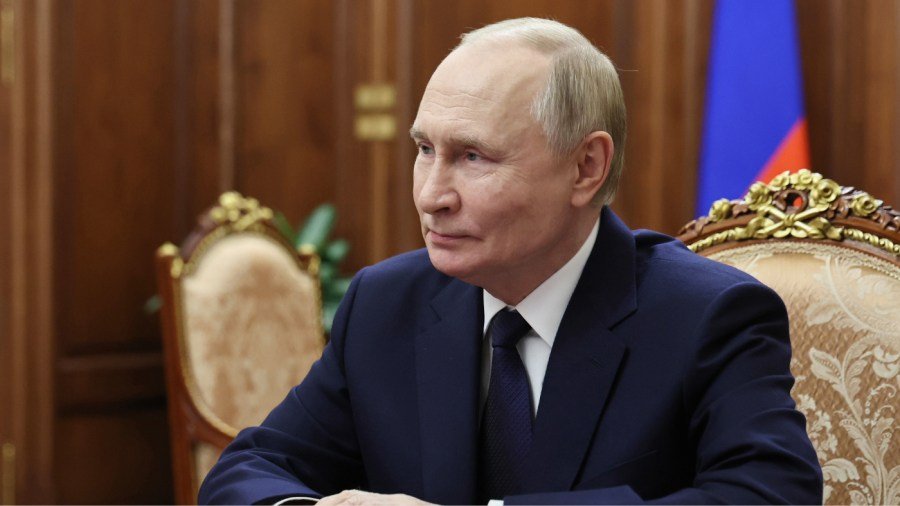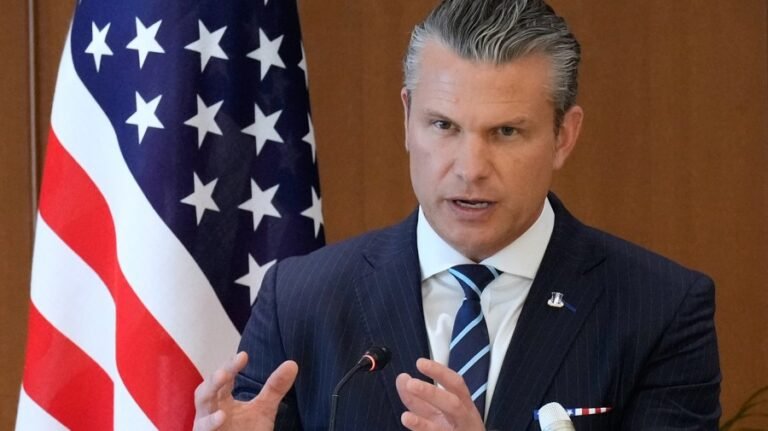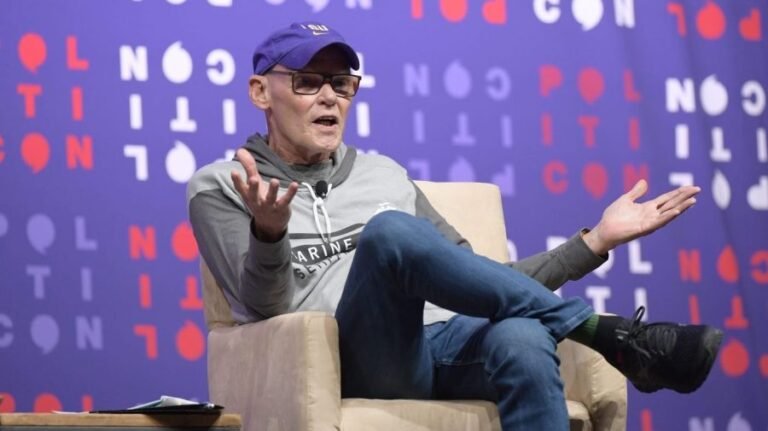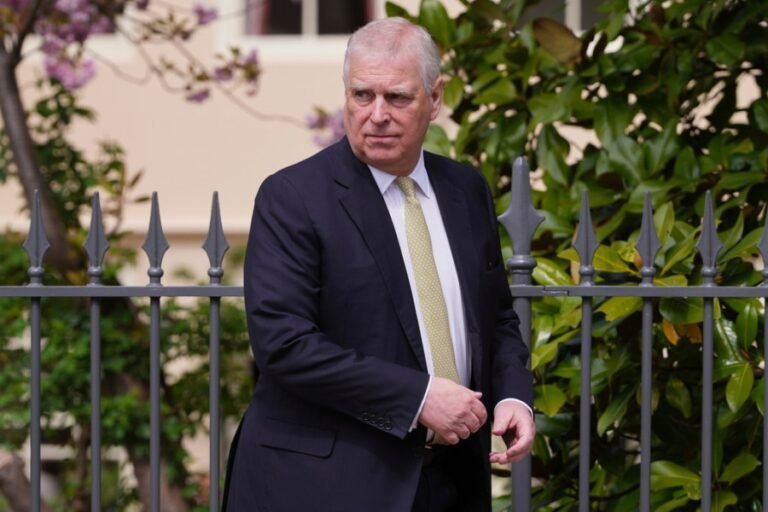
In his speech at the United Nations, President Trump accused Europe of “funding the war against themselves” in Ukraine. “They have to immediately cease all energy purchases from Russia, otherwise, we’re all wasting a lot of time,” he said.
Later in the day, Trump met with President Volodymyr Zelensky of Ukraine, who described the discussion as “a very good meeting.” Shortly afterward, Trump posted on social media that Ukraine is “in a position to fight and WIN all of Ukraine back in its original form.” Answering reporters’ questions, Zelensky called Trump “a game changer.”
The encounter came six weeks after the Alaska summit, a meeting that drew attention for its many unconventional moments. It marked Vladimir Putin’s first official visit to the United States since 2015.
Trump said he had agreed to meet Putin in Alaska to find out “whether or not a deal can be made” with the Russian leader. In an effort to bring Putin to the negotiating table in Alaska, Trump announced a 50-day deadline for new sanctions on Russia — a deadline that was soon shortened to 10 days.
The gambit appeared to backfire. Not only does the war in Ukraine grind on, but the Kremlin has also withdrawn from negotiations, refused further talks and escalated tensions: 19 Russian drones were detected over Poland, several more intercepted over Romania and three fighter jets entered Estonian airspace for 12 minutes. For the first time in eight decades, Estonia called an emergency meeting of the United Nations Security Council to discuss the situation.
In Alaska, Putin rejected Trump’s demand for an immediate ceasefire in Ukraine, shifting instead to discussions of the U.S.-Russia nuclear arms control treaty, which is set to expire in February.
“I thought that was going to be an easy one because of my relationship with President Putin. He turned out to be a little different,” Trump confessed to reporters.
The signs that diplomacy with Moscow would not be easy had emerged long before Alaska. For decades, Russia has leveraged its energy resources as a political weapon.
After meeting with Trump in Alaska, Putin said the war will not end until the “root causes” are addressed, echoing his long-held grievances over NATO expansion and Ukraine’s Western alignment.
Those root causes — denial of Ukraine’s sovereignty and a demand for a Russian sphere of influence — have defined his justification for war since 2014, yet none can be addressed without weakening Ukraine or NATO.
After three and a half years of war, Russia remains one of the world’s most heavily sanctioned countries. Yet its economy has proved unexpectedly resilient, sustained by energy revenues, barter and cryptocurrency trading, high interest rates and a series of domestic policy measures that have blunted the impact of Western penalties.
If the world could draw one lesson from Ukraine, it is that reducing dependence on Russian energy is essential, both now and in the years ahead. Yet allies must do far more to help bring an end to Russia’s war in Ukraine.
First of all, allies must follow through on their commitments to Ukraine’s air defense, including Trump’s widely reported promise of 17 Patriot missile systems, a pledge that has seen little public follow-up.
The U.S. and the European Union must ban Russian energy and impose sanctions on its importers. Russian exports to third countries must be prohibitively costly.
Targeting most of the 600 vessels in Russia’s so-called shadow fleet is necessary. As of mid-2025, the EU has sanctioned 444 vessels, the United Kingdom 423, while the U.S. remains at 216, having failed to sanction a single new tanker under the current administration.
Western corporations should face pressure to withdraw from Russian ventures. Many global enterprises continue to trade with Russia despite sanctions, exploiting loopholes enabled by weak enforcement and oversight. For years, Moscow has used these partnerships to lobby against sanctions.
Sanctions lists against Russian oligarchs must be synchronized. Many remain active in jurisdictions where they are not targeted. Roman Abramovich, sanctioned by Britain and the EU since 2022, still faces no U.S. sanctions.
Russian agents of influence must also be prosecuted. Ukrainian oligarch Dmytro Firtash, indicted by the U.S. in 2014 for bribery and racketeering and long linked to the Kremlin, remains in Austria, avoiding extradition.
Western allies should back Ukraine’s EU and NATO aspirations, recognizing its advances in drone warfare and defense innovation. Reassessing Russia’s veto power in the U.N. Security Council — a privilege inherited from the dissolved Soviet Union — could help break the body’s enduring deadlock.
Taken together, these steps could apply meaningful pressure on Moscow while reinforcing Ukraine’s defense and sovereignty.
Building on Trump’s message at the United Nations, precious time is being wasted, time that Ukraine cannot afford as it endures daily rocket strikes, drone attacks and the mounting loss of soldiers and civilians in a brutal war of aggression.
Tanya Kozyreva is a fellow at the Belfer Center for Science and International Affairs at Harvard Kennedy School. She is an investigative journalist specializing in geopolitics and high-level corruption worldwide.


